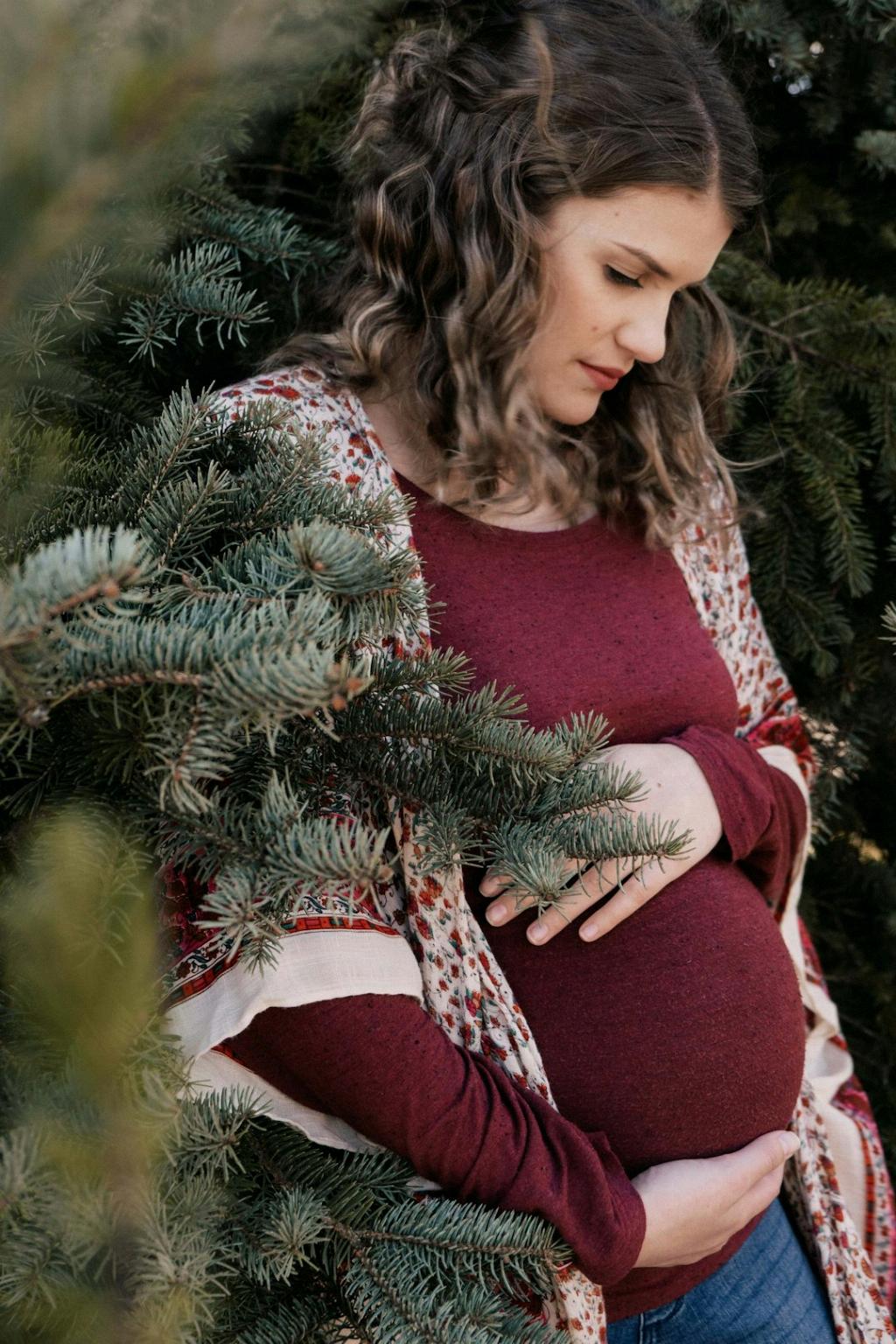When it comes to addressing the question of whether or not you can indulge in charcuterie while expecting, the answer is not as straightforward as one might think. As tempting as a spread of cured meats, cheeses, and crackers may be, the safety of consuming charcuterie during pregnancy is a topic that should be approached with caution and awareness.
One crucial point to consider is the risk of contracting bacterial listeria infection, particularly concerning when it comes to cured meats. The Centers for Disease Control and Prevention (CDC) recommends that pregnant individuals steer clear of these types of meats to minimize the possibility of exposure to harmful bacteria that could pose a threat to both the mother and the developing baby.
Given the potential risks associated with consuming charcuterie during pregnancy, it is advisable to err on the side of caution and explore alternative options for satisfying your culinary cravings. While the idea of a charcuterie board may need to be put on hold during this time, there are plenty of delicious and safe alternatives to consider.
One option to consider is expanding the accompaniments typically found on a charcuterie board. Instead of focusing solely on cured meats, experiment with incorporating a variety of nuts, fruits, and sweets to create a flavorful and diverse spread that is both satisfying and pregnancy-friendly.
By shifting the focus away from cured meats, you can still enjoy the essence of a charcuterie experience while prioritizing the health and well-being of both you and your baby. From assorted cheeses and fresh vegetables to gourmet jams and artisanal bread, there are countless combinations to explore that offer a delightful alternative to traditional charcuterie boards.
It’s important to remember that pregnancy is a unique and special time in which prioritizing safety and health is paramount. While it may require some adjustments to your dining preferences, making informed choices that promote wellness and reduce potential risks is essential for a smooth and healthy pregnancy journey.
Consulting with your healthcare provider can also provide personalized guidance on dietary choices during pregnancy, including specific recommendations regarding the consumption of certain foods such as charcuterie. Your healthcare team can offer valuable insights and support to help you navigate this exciting yet delicate time in your life.
Ultimately, the decision on whether or not to eat charcuterie while pregnant is a personal one that should be based on individual circumstances, preferences, and health considerations. While it may be disappointing to forgo certain culinary treats for a while, the well-being of you and your baby takes precedence above all else.
By embracing alternative options and exploring new culinary horizons, you can still enjoy a rich and varied diet during pregnancy that nourishes both your body and your spirit. Remember to savor each bite and relish in the joy of discovering new flavors and combinations that bring delight and satisfaction to your dining experience.
In conclusion, while the CDC advises caution when it comes to consuming charcuterie during pregnancy due to the risk of listeria infection, there are plenty of creative and delicious alternatives to explore. By making mindful choices and seeking guidance from healthcare professionals, you can enjoy a diverse and satisfying diet that supports your well-being and nurtures the precious life growing within you.

